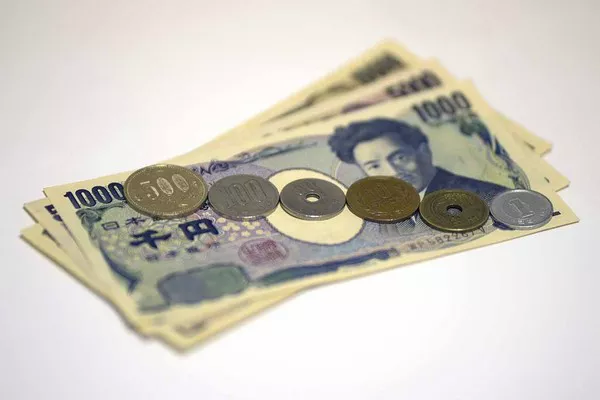In an interconnected world where international travel, trade, and investment are commonplace, understanding cross-border currency acceptance is crucial. South Korea and Japan, as neighboring East Asian nations with significant economic ties, often see the circulation and use of each other’s currencies. In this article, we delve into the question of whether South Korea accepts Japanese yen as a form of payment, exploring the nuances of currency acceptance between these two countries.
Bilateral Relations between South Korea and Japan:
South Korea and Japan share a complex history marked by periods of cooperation, conflict, and diplomatic tensions.
Despite historical and political differences, both countries maintain extensive economic ties, including trade, investment, tourism, and cultural exchange.
Bilateral economic relations have led to increased cross-border transactions and the circulation of currencies between South Korea and Japan.
Currency in South Korea:
The official currency of South Korea is the South Korean won (KRW), issued and regulated by the Bank of Korea.
The won is used for all domestic transactions within South Korea and is widely accepted by businesses, retailers, and service providers across the country.
South Korea has strict regulations governing currency exchange and foreign currency transactions to maintain financial stability and prevent money laundering and illicit activities.
Cross-Border Currency Use:
While the South Korean won is the primary currency used for transactions within South Korea, there are instances where foreign currencies, including the Japanese yen, may be accepted or exchanged.
In areas with high tourist traffic, such as popular shopping districts, hotels, and tourist attractions, businesses may accept major foreign currencies, including the Japanese yen, US dollar, euro, and Chinese yuan, for the convenience of international visitors.
However, acceptance of foreign currencies is not universal and may vary depending on the establishment, location, and prevailing exchange rates.
Foreign Exchange Services:
For individuals and businesses needing to exchange Japanese yen or other foreign currencies for South Korean won, various options are available.
Banks: Major banks in South Korea offer foreign exchange services, allowing customers to exchange Japanese yen for South Korean won and vice versa. These transactions may be conducted at bank branches or through online banking platforms.
Currency Exchange Services: Dedicated currency exchange services, including bureaux de change and currency exchange kiosks, are commonly found in tourist areas and transportation hubs, providing convenient options for exchanging foreign currencies.
Online Platforms: Online currency exchange platforms also facilitate currency exchange transactions, allowing individuals to buy and sell Japanese yen and other currencies for South Korean won through secure and convenient online channels.
Tourist Facilities and International Transactions:
In tourist-oriented establishments such as hotels, duty-free shops, and upscale retailers catering to international clientele, the acceptance of foreign currencies may be more prevalent.
International transactions, including hotel bookings, shopping, and dining at tourist-friendly establishments, often offer the option to pay in Japanese yen or other major foreign currencies, along with credit card payment facilities.
However, it’s essential for travelers to verify currency acceptance policies and exchange rates before making transactions in foreign currencies to avoid misunderstandings or additional charges.
Economic Implications and Policy Considerations:
The acceptance of foreign currencies in South Korea, including the Japanese yen, reflects the country’s openness to international visitors and its status as a global tourist destination and business hub.
Cross-border currency use also facilitates trade and investment between South Korea and Japan, contributing to bilateral economic cooperation and integration.
However, policymakers and regulatory authorities in South Korea closely monitor foreign exchange activities to ensure compliance with regulations and safeguard financial stability and consumer rights.
Cultural and Practical Considerations:
Understanding currency acceptance practices and norms in South Korea is essential for international travelers and businesses engaging in cross-border transactions.
While the South Korean won is the official currency, the availability of foreign exchange services and the acceptance of foreign currencies, including the Japanese yen, provide convenience and flexibility for travelers and businesses operating in South Korea.
See Also: What Country Uses Japanese Yen?
Conclusion:
South Korea’s acceptance of Japanese yen and other foreign currencies reflects its position as a globalized economy and a popular destination for international visitors and investors.
While the South Korean won remains the primary currency for domestic transactions, the availability of foreign exchange services and the acceptance of foreign currencies in tourist-oriented establishments contribute to the country’s openness to cross-border transactions and international commerce.


